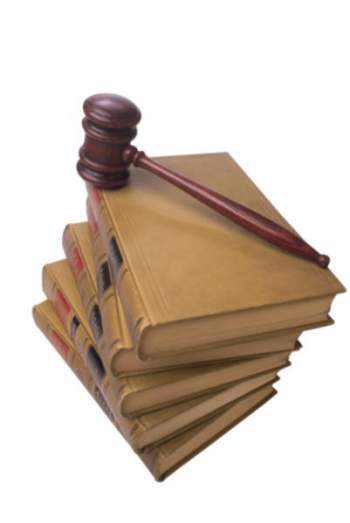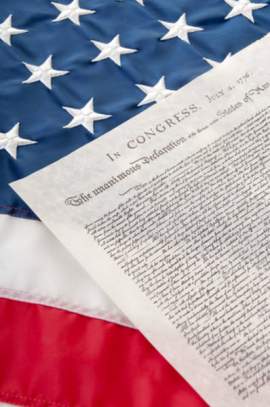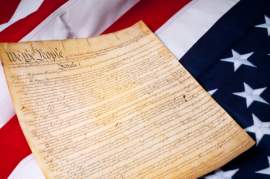
Texas v. Johnson

Texas v. Johnson: The Background
The case of Texas v. Johnson revolves around the 1984 Republican National Convention which took place in Dallas, Texas. At this event, Gregory Lee Johnson engaged in a protest by setting fire to the American flag. Gregory Lee Johnson was a member of a private company that was made-up of individuals who promoted the Communist movement. Johnson lit fire to the flag at the convention to protest capitalism and the way the government was being run. When he started burning the flag, he was immediately taken into custody and arrested by the Dallas Police Department on the grounds that he had violated a state law which said it was illegal to destroy items or objects that are considered to be respected. For burning the American flag, Gregory Lee Johnson was a fined a total of $2,000.
In response to the fine, Gregory Lee Johnson appealed the decision and took his case to the United States Supreme Court.
Texas v. Johnson: The Case Profile
Texas v. Johnson was heard on March 21st of 1989. Gregory Lee Johnson appealed the arrest and fine sparked by his flag-burning activities by stating that the Dallas police department had violated his 1st Amendment rights. As an American citizen, the 1st Amendment preserves and protects the right of speech and expression. In addition to the protections offered in the 1st Amendment, Gregory Lee Johnson believed that the state law was not appropriate because the government cannot define what a “respected” object is. Texas v. Johnson was decided on June 21st of 1989 by the United States Supreme Court.
Texas v. Johnson: The Verdict
The United States Supreme Court ruled that Gregory Lee Johnson’s civil liberties and constitutional liberties were indeed violated as a result of his arrest and fine. The United States Supreme Court in Texas v. Johnson claimed that the man’s expression of burning the flag is protected and legal according to the United States Constitution.
Johnson won the case because of the rights and liberties granted by the 1st Amendment to the United States Constitution. This amendment awards American citizens the freedom to express themselves and say whatever they want so long as their speech does not place an immediate threat on the well-being of the nation.



















